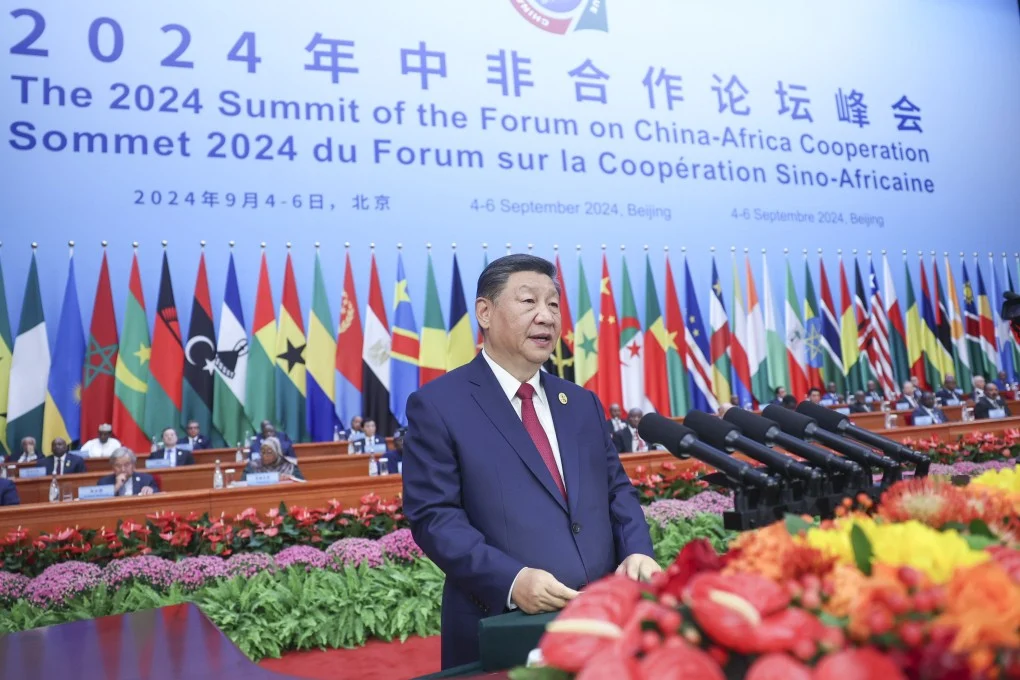President Xi Jinping has promised to increase China’s support for Africa by pledging nearly $51 billion in funding, backing more infrastructure projects, and creating at least one million jobs.
At a China-Africa summit in Beijing, Xi said that China aims to shift its focus from large-scale infrastructure funding to promoting advanced and green technologies to developing economies. However, China will still support 30 infrastructure projects across Africa and provide 360 billion yuan ($50.70 billion) in financial assistance.
Xi highlighted the importance of deepening cooperation between China and Africa in sectors such as industry, agriculture, infrastructure, trade, and investment. He called for stronger land-sea connections and urged Chinese contractors to return to Africa after COVID-19 disruptions.
“China is ready to deepen cooperation with Africa in industry, agriculture, infrastructure, trade and investment,” Xi told delegates at the summit.
Last year, China approved $4.61 billion in loans to Africa, marking the first annual increase in loans since 2016.
Out of the 360 billion yuan pledge, 210 billion will be provided through credit lines, and 70 billion will be fresh investments from Chinese companies, with additional smaller amounts allocated for military aid and other projects.
The Forum on China-Africa Cooperation Summit, held in Beijing, outlines a three-year plan for China’s engagement with African nations, excluding Eswatini, which maintains ties with Taiwan.
Alongside infrastructure projects, Xi announced China’s intention to launch 30 clean energy projects in Africa, offering cooperation on nuclear technology and addressing the continent’s power shortages that have hindered industrial growth. However, Xi did not repeat his earlier promise to purchase $300 billion worth of African goods, instead focusing on expanding market access unilaterally.
Xi further expressed China’s willingness to assist in the development of the African Continental Free Trade Area and to deepen logistics and financial cooperation to promote regional growth across Africa.

